BAGHDAD - While most people might think it is just trash going into a dumpster, Soldiers must remember operational security before throwing controlled items into the trash.
Gen. George Casey, chief of staff of the Army, has decreed in Army Regulation 530-1 that OPSEC is everyone's responsibility. Failure to properly implement OPSEC measures can result in serious injury or death to our personnel, damage to weapons systems, equipment and facilities, loss of sensitive technologies and mission failure.
So, what are these OPSEC items, and how can you dispose of items when they are no longer needed'
One example of the many items that should not be casually thrown into the trash includes military uniforms, said Master Sgt. Mario Dovalina, the OPSEC program manager assigned to Company A, Division Special Troops Battalion, 1st Cav. Div.
"This includes the blouse, pants, boots and shirts," Dovalina said. "PT uniforms are also military uniforms and should be treated the same way."
Anything with the Army Combat Uniform pattern on it should be incinerated as it can be used by the enemy to imitate a U.S. Soldier, said Sgt. 1st Class Dawn Copeland, the supply sergeant for Company A, DSTB, 1st Cav. Div.
Additionally, supply sergeants can bring items that cannot be disposed of by burning or shredding to the Central Issue Facility or Mayor's Cell, said Copeland.
Other items that should not be thrown into a trash can include mailing labels and boxes with your address or full name still intact.
"Someone can take a mailing label, Google your full name, and find out all kinds of information about you and your family," said Dovalina. "This information can later lead to potentially harming both you and your family."
The easiest way to answer the question of what should and should not be thrown away is to err on the side of caution.
"If you have to think twice about what you're throwing away, then you should think twice about who might be able to see it," said Maj. Brian Adamson, OPSEC officer for U.S. Division-Center and assigned to Company A, DSTB, 1st Armored Division. "When in doubt, burn it or shred it."
Among 1st Armd. Div. personnel, Adamson has trained representatives within each section on basic OPSEC criteria to help provide easier access to Soldiers who might have questions about what violates OPSEC policy. He also urges Soldiers who cannot obtain their OPSEC answers from these representatives to utilize their chain of command.
Paper mail isn't the only mail that needs to be protected. Email also needs protection.
"Any email with personal information, location or identification should be encrypted," Adamson suggested. This protects both your physical security as well as preventing identity theft.
Cell phones are another high security risk.
"With the right software and computer viruses, someone can turn on your cell phone remotely and listen in on your conversations and even take pictures with your phone," Dovalina pointed out. "When used properly, operational security can save lives and prevent information from falling into the hands of those who will cause harm."
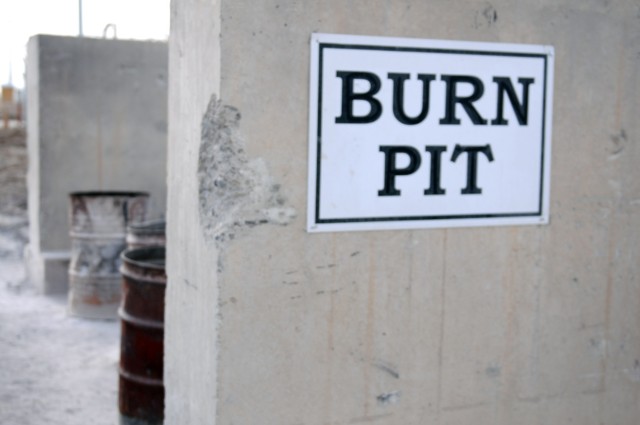
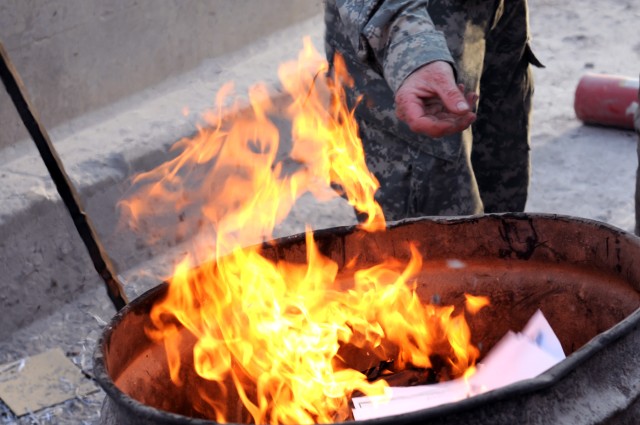
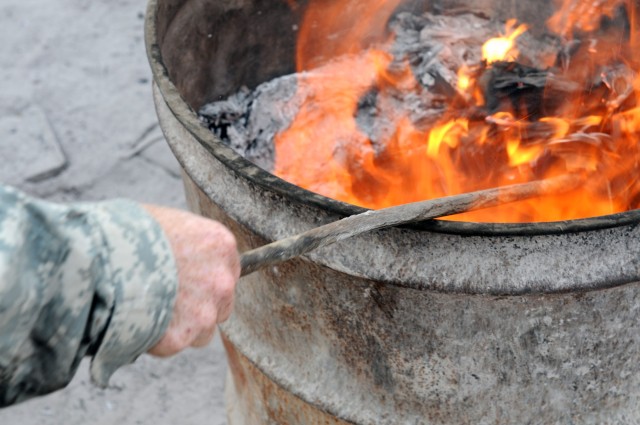
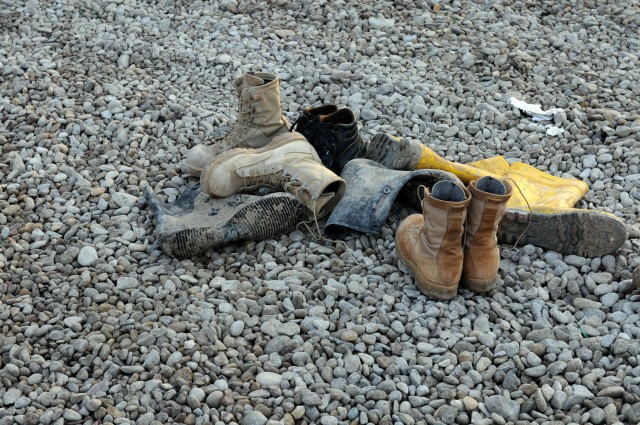
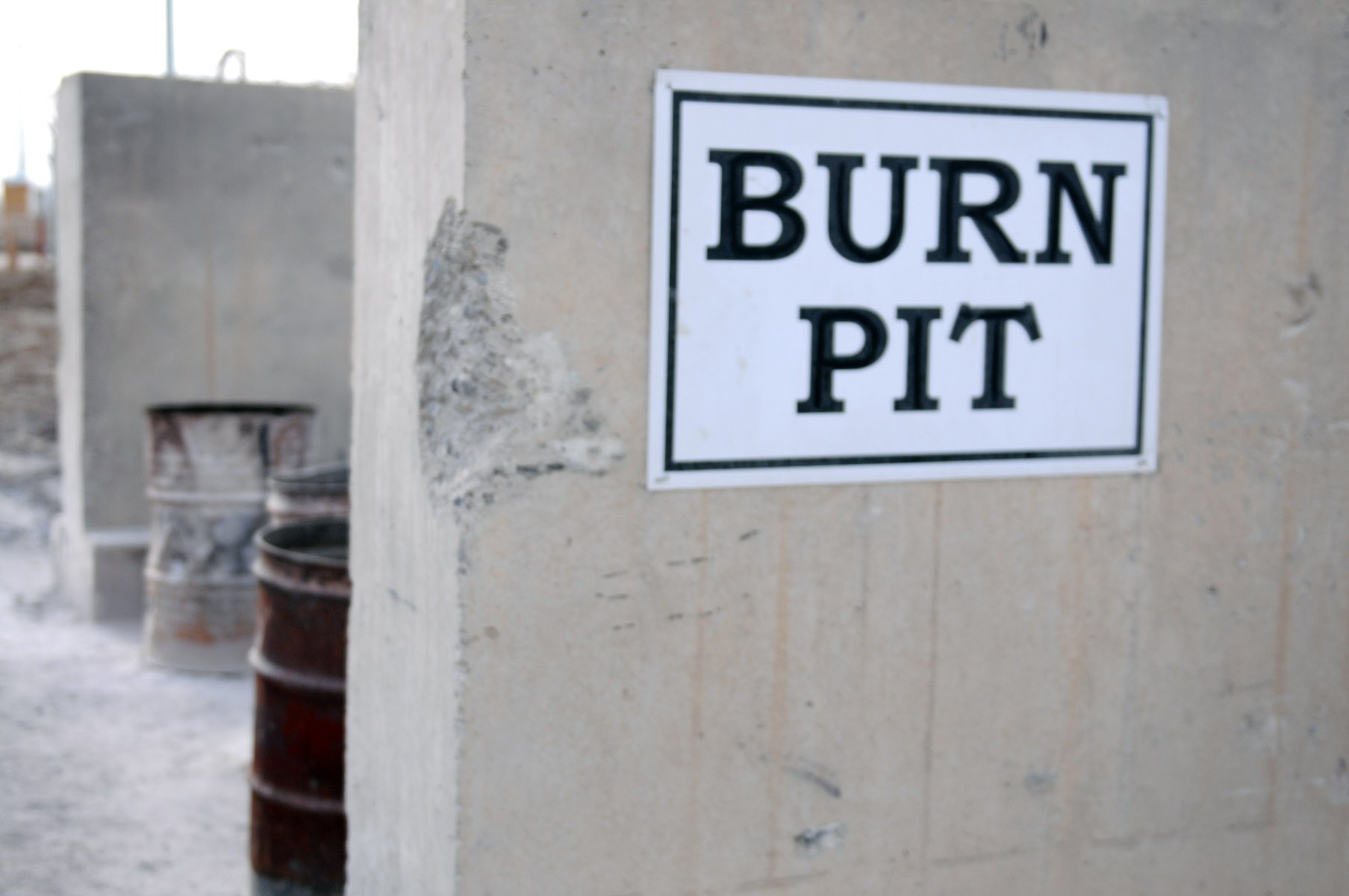
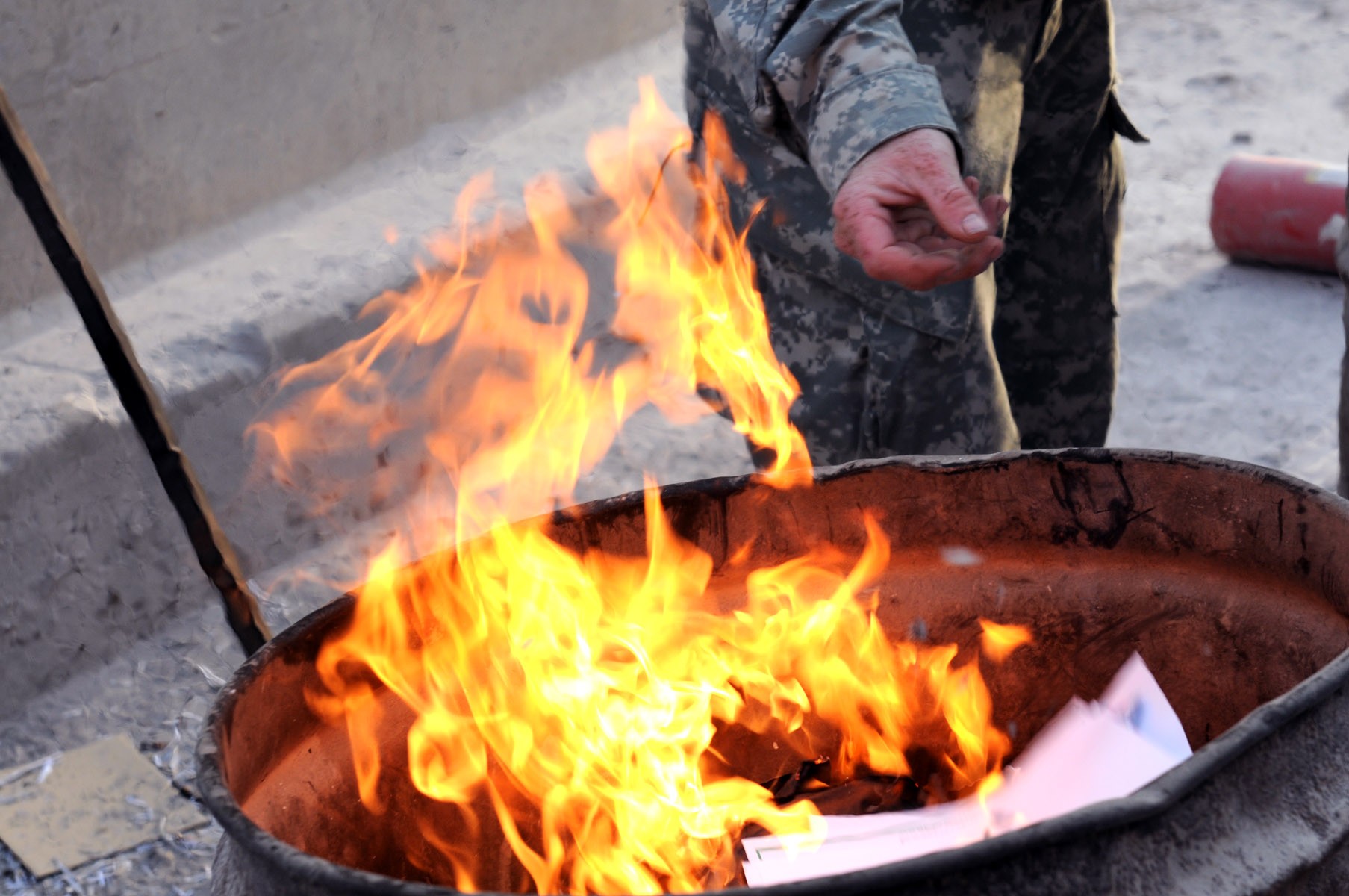
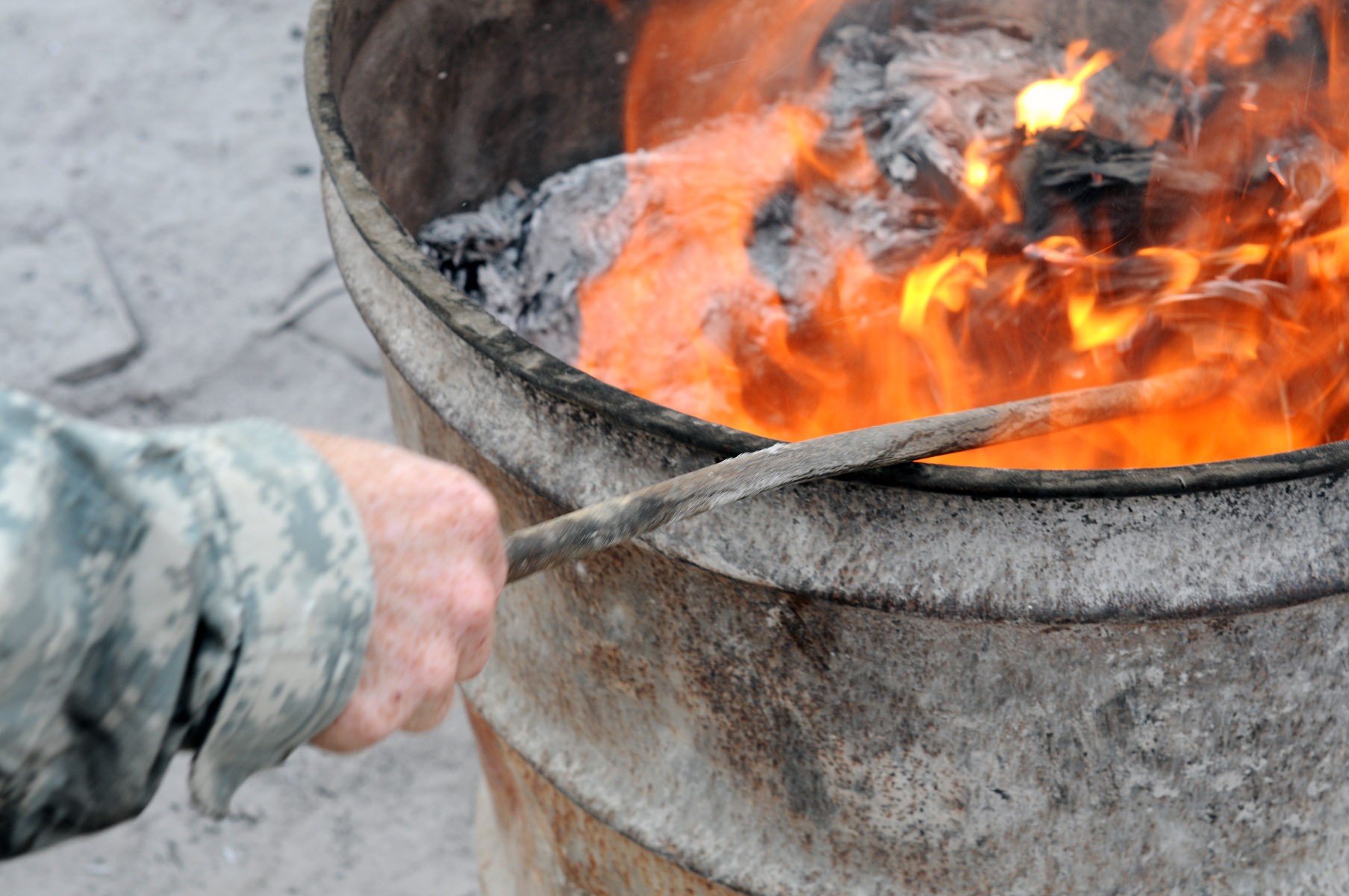
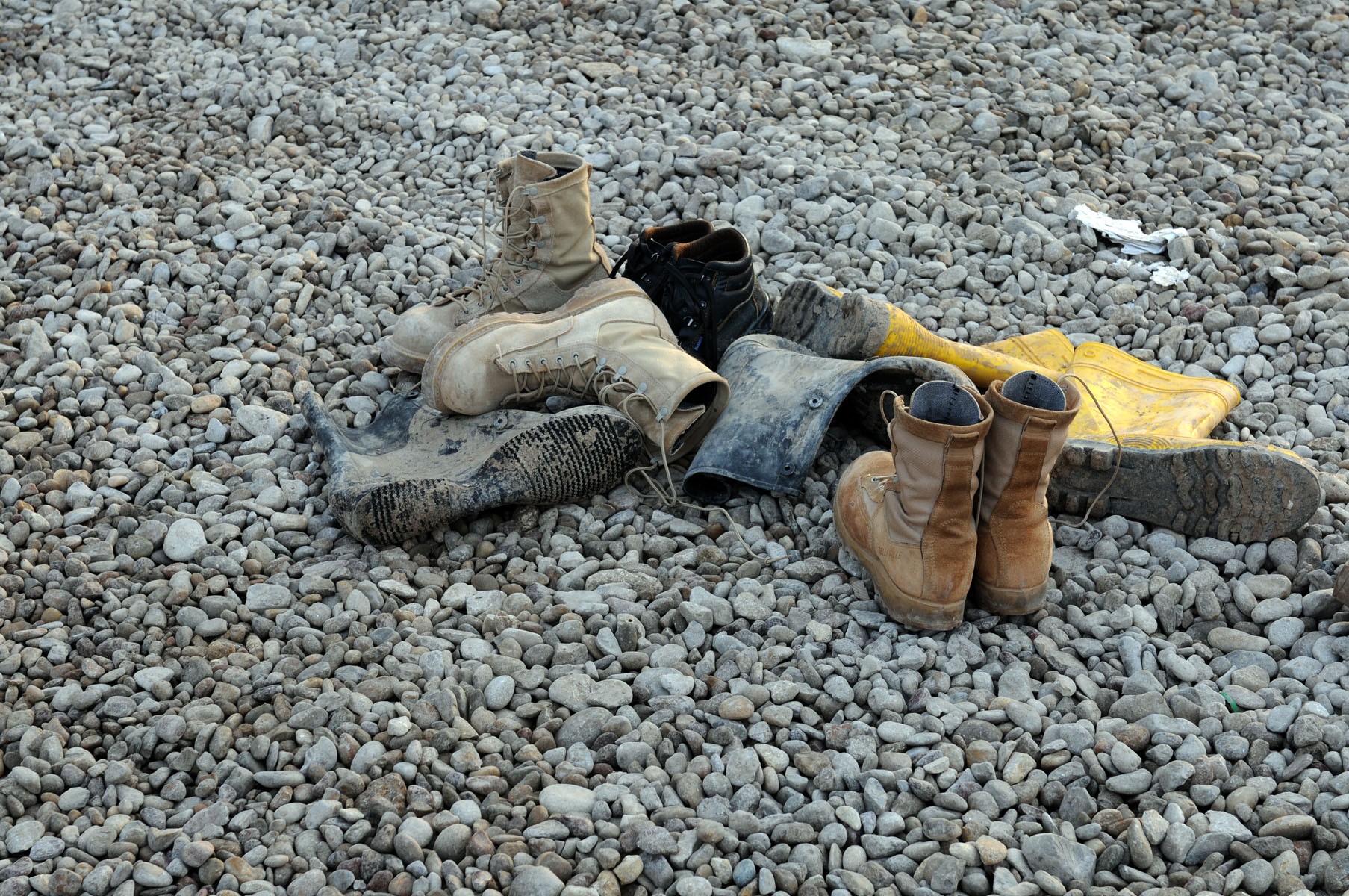
Social Sharing